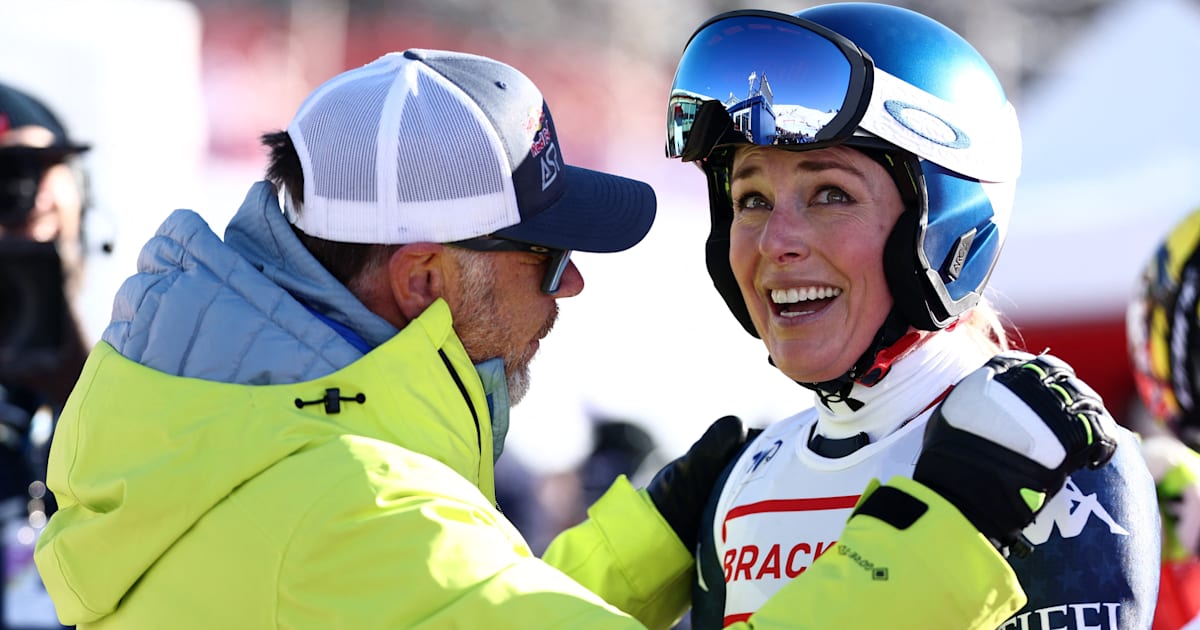World
Baby in Gaza suffering paralysis from polio virus, World Health Organization says | CBC News

A 10-month-old baby in war-shattered Gaza has been paralyzed by the type 2 polio virus, the first such case in the territory in 25 years, the World Health Organization said on Friday, with UN agencies appealing for urgent vaccinations of every baby.
The type 2 virus (cVDPV2), while not inherently more dangerous than types 1 and 3, has been responsible for most outbreaks in recent years, especially in areas with low vaccination rates.
UN agencies have called for Israel and Gaza’s dominant Palestinian militant group Hamas to agree to a seven-day humanitarian pause in their 10-month-old war to allow vaccination campaigns to proceed in the territory.
Omar Al-Zawaidi, a father of two, went to the hospital in hopes of getting his children vaccinated against polio, a highly infectious virus that is spread through the fecal-oral route. A doctor working in Gaza, meanwhile, warns that actually detecting the virus will prove challenging as cases can be asymptomatic.
“Polio does not distinguish between Palestinian and Israeli children,” the head of the UN agency for Palestinian refugees (UNRWA) said on Friday in a post on X.
“Delaying a humanitarian pause will increase the risk of spread among children,” Philippe Lazzarini added.
The baby, who has lost movement in his lower left leg, is currently in stable condition, WHO Director-General Tedros Adhanom Ghebreyesus said in a statement.
Vaccine campaign imminent
The WHO has announced that two rounds of a polio vaccination campaign are set to begin in late August and September 2024 across the densely populated Gaza Strip.
With its health services widely damaged or destroyed by fighting, and raw sewage spreading amid a breakdown in sanitation infrastructure, Gaza’s population is particularly vulnerable to outbreaks of disease. Children under five are particularly at risk of polio exposure.
Poliomyelitis, a highly infectious virus primarily spread through the fecal-oral route, can invade the nervous system and cause paralysis.
Traces of polio virus were detected last month in sewage in Deir al-Balah and Khan Younis, two areas in southern and central Gaza where hundreds of thousands of Palestinians displaced by the fighting have sought shelter.
Gaza’s health ministry first reported the polio case in the 10-month-old baby a week ago in the central city of Deir Al-Balah, an often embattled area in the war.
On Aug. 16, Hamas supported a UN request for a seven-day pause in the fighting to vaccinate Gaza children against polio, Hamas political bureau official Izzat al-Rishq said on Friday.
Israel, which has laid siege to Gaza since last October and whose ground offensive and bombardments have levelled much of the territory, said days later it would facilitate the transfer of polio vaccines into Gaza for around one million children.
Challenges in a war zone
The Israeli military’s humanitarian unit (COGAT) said it was co-ordinating with Palestinians to procure 43,000 vials of vaccine — each with multiple doses — for delivery in Israel and transfer to Gaza in the coming weeks.
The vaccines should be sufficient for two rounds of doses for more than a million children, COGAT added.
As burials took place for more hostages recovered from Gaza, some Israelis said the government wasn’t doing enough to bring home the remaining hostages kidnapped by Hamas militants during the deadly Oct. 7 attack. And in Gaza, another round of airstrikes left dozens dead — including numerous children.
As well as allowing the entry of polio specialists into Gaza, the UN has said a successful campaign would require transport for vaccines and refrigeration equipment at every step as well as conditions that would allow the campaign to reach children in every area of the rubble-clogged territory.
Vaccinating and tracking shots for an itinerant population would be a significant challenge. Successive Israeli evacuation orders in Gaza, including 12 just in August, have displaced 90 per cent of the territory’s 2.1 million residents since the Israel-Hamas war began in October, the top United Nations humanitarian official for the Palestinian territory said Friday.
Muhannad Hadi said the evacuation orders are endangering civilians instead of protecting them.
“They are forcing families to flee again, often under fire and with the few belongings they can carry with them, into an ever-shrinking area.” Civilians are being deprived of medical care, shelter, water wells and humanitarian supplies, “running from one destroyed place to another, with no end in sight,” he said.
The war began on Oct. 7, when Hamas and other militants stormed Israel, killing around 1,200 people. Several Canadian citizens were among the dead.
About 110 hostages taken by the militants are still inside Gaza, with the Israeli government previously stating it believes about one-third of that total are deceased.
The Israeli offensive launched in response has killed more than 40,000 Palestinians in Gaza, according to the local health ministry, which doesn’t distinguish in its daily counts between fighters and civilians.









